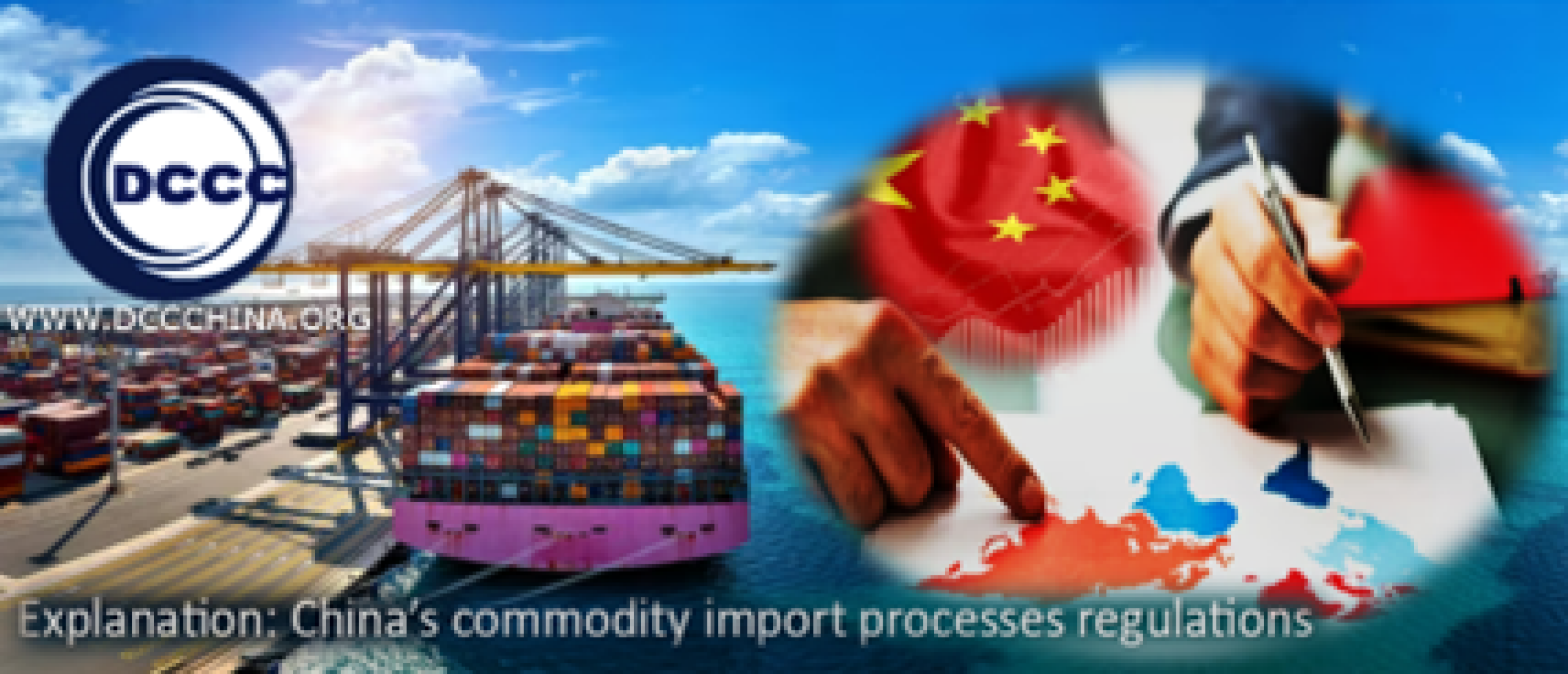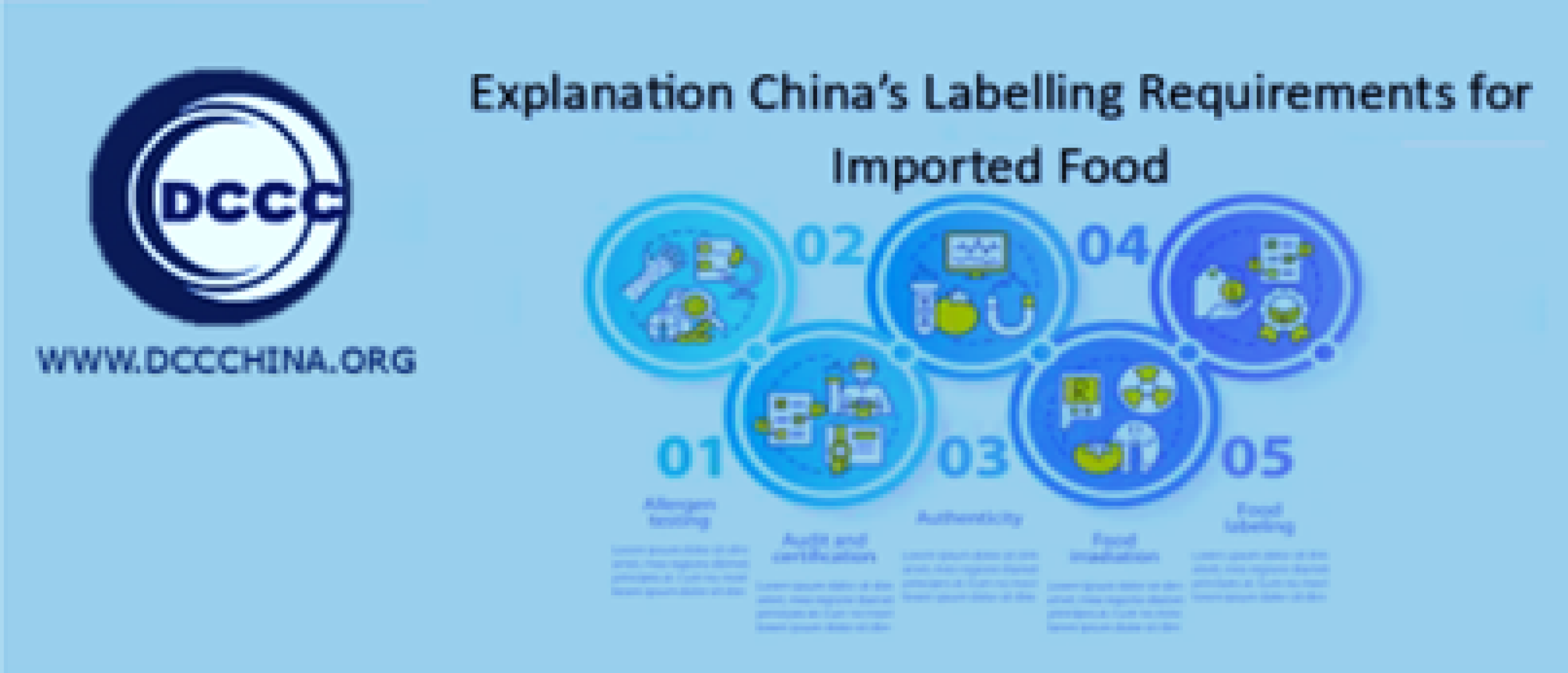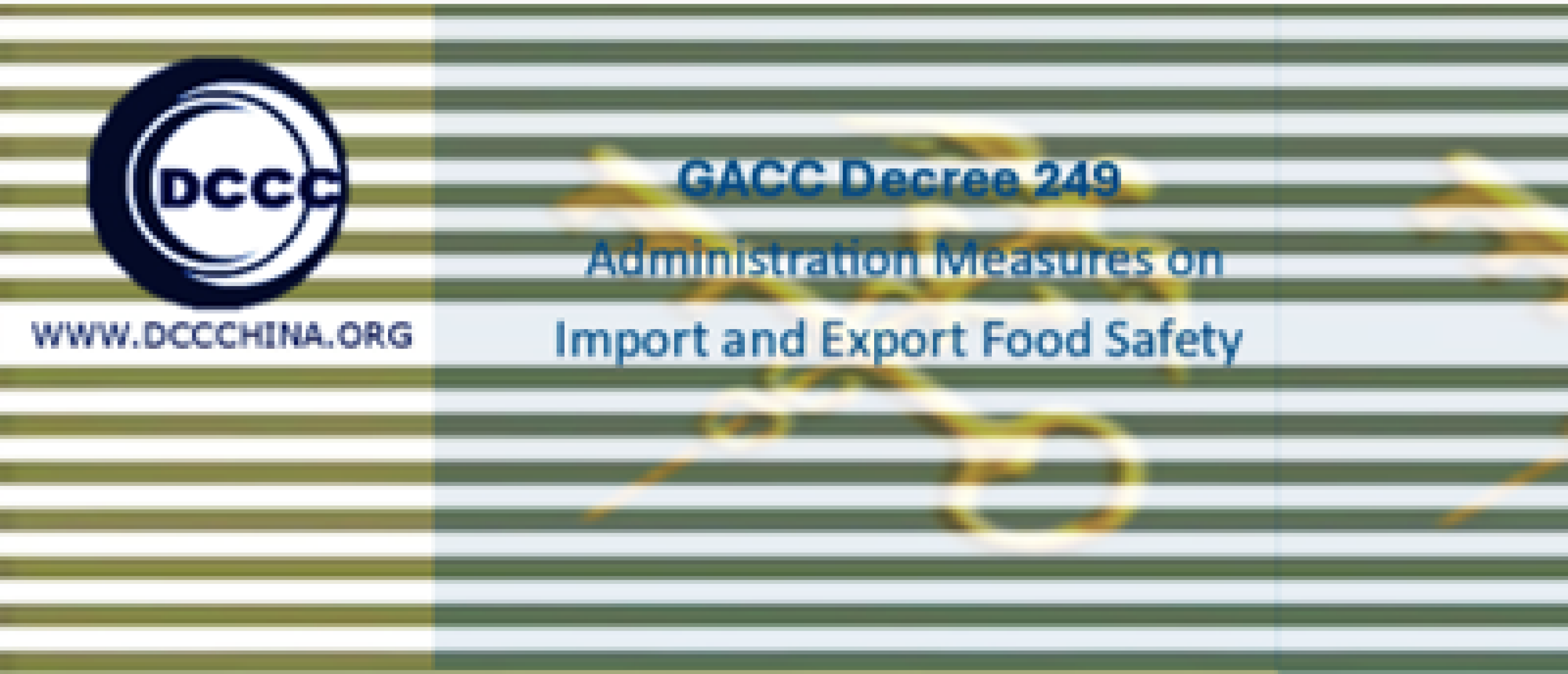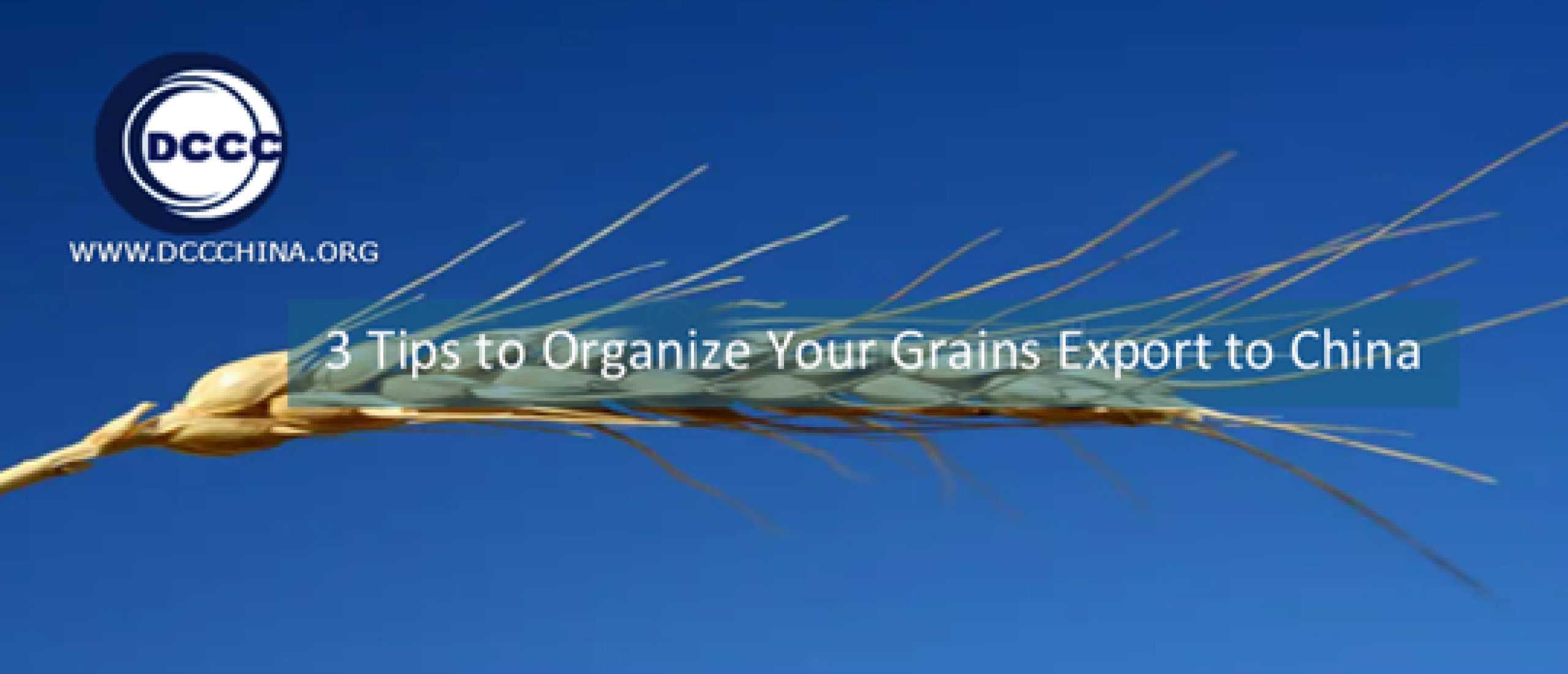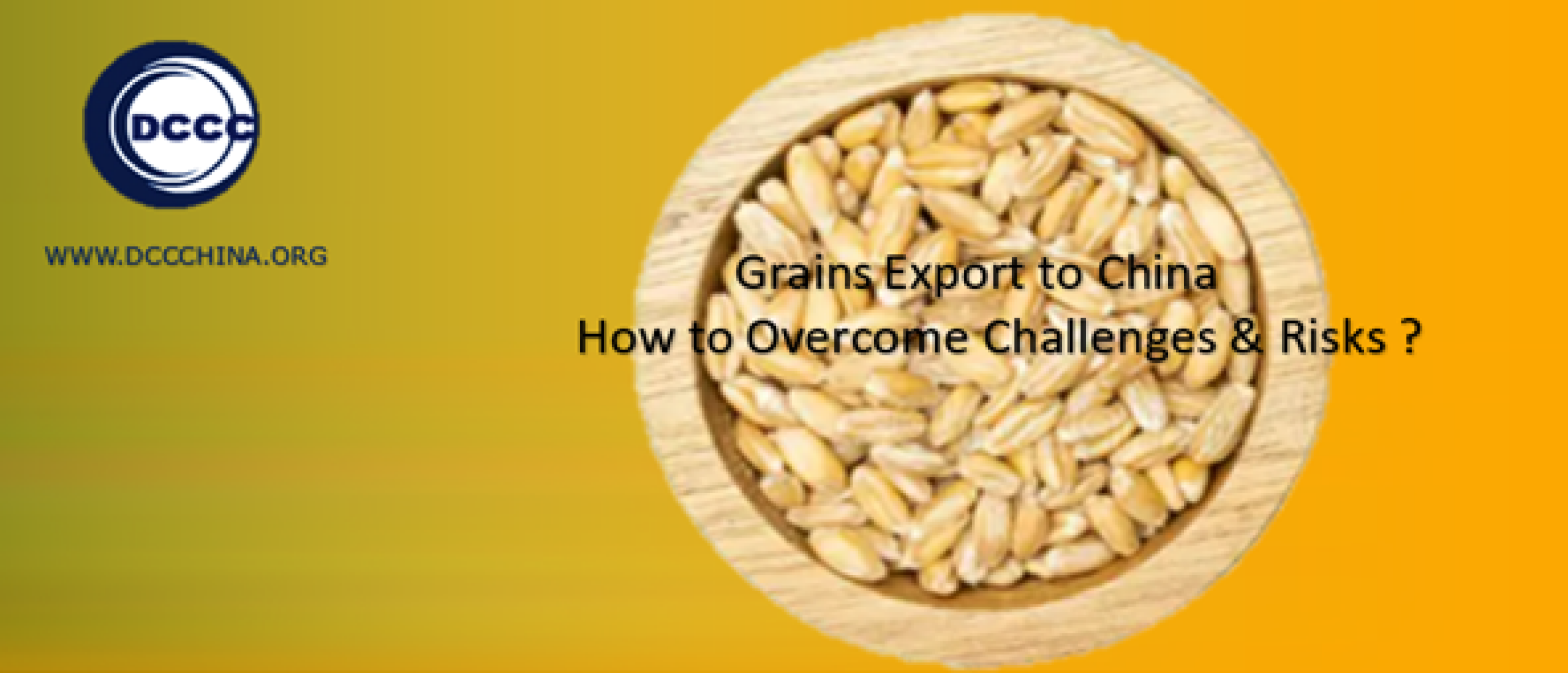
How to overcome challenges and risks grains export to China ?
As an exporter, or supplier of grains looking to export to China, dealing with currency fluctuations is an important aspect to consider. Currency fluctuations can have a significant impact on the profitability of your exports, so it is crucial to have a strategy in place to mitigate the risks associated with these fluctuations.
Strategy Tips No. 1 - to Dealing with Currency Fluctuations
One way to deal with currency fluctuations is to hedge your foreign exchange exposure. This involves entering financial contracts that lock in an exchange rate for a future transaction. By hedging your exposure, you can protect yourself against adverse currency movements and ensure a more stable pricing structure for your exports.
Another strategy for dealing with currency fluctuations is to diversify your currency exposure. This means conducting transactions in multiple currencies to spread the risk of adverse movements in any one currency. By diversifying your currency exposure, you can minimize the impact of fluctuations in any one currency on your overall profitability.
It is also important to stay informed about the factors that can influence currency fluctuations. Economic indicators, geopolitical events, and central bank policies can all have an impact on exchange rates. By staying informed about these factors and how they can affect currency movements, you can make more informed decisions about when to enter foreign exchange contracts.
Finally, it is important to work closely with a financial advisor or currency specialist when dealing with currency fluctuations. These professionals can provide valuable insights and advice on how to manage your foreign exchange exposure effectively. By working with experts in the field, you can ensure that you are taking the necessary steps to protect your profits and minimize the risks associated with currency fluctuations.
In brief, dealing with currency fluctuations is an important consideration for exporters, growers, producers, and traders of nuts and seeds looking to export to China. By hedging your foreign exchange exposure, diversifying your currency exposure, staying informed about the factors that can influence currency movements, and working with financial advisors or currency specialists, you can effectively manage the risks associated with currency fluctuations and ensure a more stable and profitable export business.
Strategy Tips No. 2 - to Managing Supply Chain Risks
Managing supply chain risks is crucial for exporters, growers, producers, and traders of nuts and seeds looking to tap into the lucrative Chinese market. With the increasing complexity and global nature of supply chains, it is important to identify and mitigate potential risks that could impact the successful export of grains, pulses, and oilseeds to China. By taking proactive measures and implementing robust risk management strategies, businesses can safeguard their operations and ensure smooth and efficient trade with Chinese partners.
One of the key supply chain risks that exporters need to be aware of is supply chain disruption. This can be caused by a variety of factors such as natural disasters, political instability, transportation issues, or supplier problems. To mitigate this risk, exporters should diversify their supplier base, maintain good relationships with alternative suppliers, and have contingency plans in place to address potential disruptions. It is also important to regularly assess and monitor the performance of suppliers to identify any potential red flags early on.
Another significant risk in the supply chain is quality control. Ensuring that the nuts, seeds, grains, pulses, and oilseeds meet the required quality standards is essential for maintaining the trust and confidence of Chinese buyers. To manage this risk, exporters should implement quality control measures at every stage of the supply chain, from sourcing and production to packaging and transportation. Regular quality inspections and testing should be conducted to ensure that the products meet the specified requirements and regulations.
Financial risks also pose a threat to the successful export of nuts and seeds to China. Fluctuations in currency exchange rates, payment delays, and credit risks can impact the profitability and cash flow of exporters. To manage these risks, businesses should establish clear payment terms with Chinese buyers, consider using hedging strategies to mitigate currency risks, and conduct thorough credit checks on potential customers. It is also important to have a solid financial management system in place to track expenses, monitor cash flow, and ensure timely payments.
To sum up, managing supply chain risks is a critical aspect of exporting nuts and seeds to China. By identifying potential risks, implementing proactive measures, and continuously monitoring and assessing the performance of suppliers, exporters can minimize disruptions, maintain product quality, and safeguard their financial interests. By taking a strategic approach to risk management, businesses can enhance their competitiveness in the Chinese market and build strong and sustainable relationships with Chinese partners.
Strategy Tips No. 3 - to Addressing Food Safety Concerns
Addressing food safety concerns is crucial when exporting nuts and seeds to China. With an increasing focus on food safety in the global market, Chinese consumers are becoming more aware and demanding of high-quality products. To ensure success in the Chinese market, exporters, growers, producers, and traders must take proactive steps to address food safety concerns.
One of the first steps in addressing food safety concerns is to ensure that all nuts and seeds meet the quality and safety standards set by Chinese regulatory authorities. This includes conducting regular testing for contaminants such as pesticides, heavy metals, and aflatoxins. By implementing a comprehensive testing and quality control program, exporters can demonstrate their commitment to providing safe and high-quality products to Chinese consumers.
In addition to meeting regulatory standards, exporters should also consider obtaining certifications from recognized food safety organizations. Certifications such as ISO 22000, HACCP, and BRC Global Standards are highly regarded in the industry and can help establish credibility with Chinese buyers. By investing in these certifications, exporters can differentiate themselves in the market and build trust with consumers.
Furthermore, exporters should work closely with their supply chain partners to ensure that food safety standards are upheld throughout the production and distribution process. This includes implementing proper storage and handling practices, as well as conducting regular audits of suppliers and facilities. By establishing clear guidelines and expectations with suppliers, exporters can minimize the risk of food safety issues arising during the export process.
Overall, addressing food safety concerns is essential for exporters, growers, producers, and traders of nuts and seeds looking to succeed in the Chinese market. By implementing rigorous testing and quality control measures, obtaining relevant certifications, and working closely with supply chain partners, exporters can demonstrate their commitment to providing safe and high-quality products to Chinese consumers. By prioritizing food safety, exporters can build trust with Chinese buyers and establish a strong foothold in the competitive market.
It is important to connected with reliable buyer companies and importers from China. As China is the world largest importer of grains pulses and oilseeds, our team the China chamber knows the practical way around the world of Buyer Companies in China, to ensure grains suppliers stay ahead regulations changes in 2024. Through collaboration with local buyer companies, importers, partners, your products will be in the trusted hands, expertise will carry you through, also practical tips to organize grains export to China needed to contact with the right buyer companies in China.

